Invited Speakers
Sunday, 23 February
Opening Plenary Session
18:00-19:00
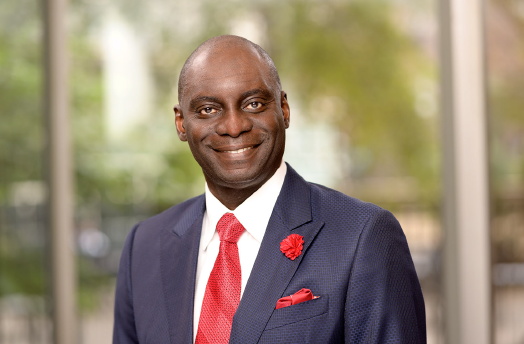
Monday, 24 February
Donald F. Hunt Distinguished Contribution in Proteomics Award Plenary Session
8:30-9:05
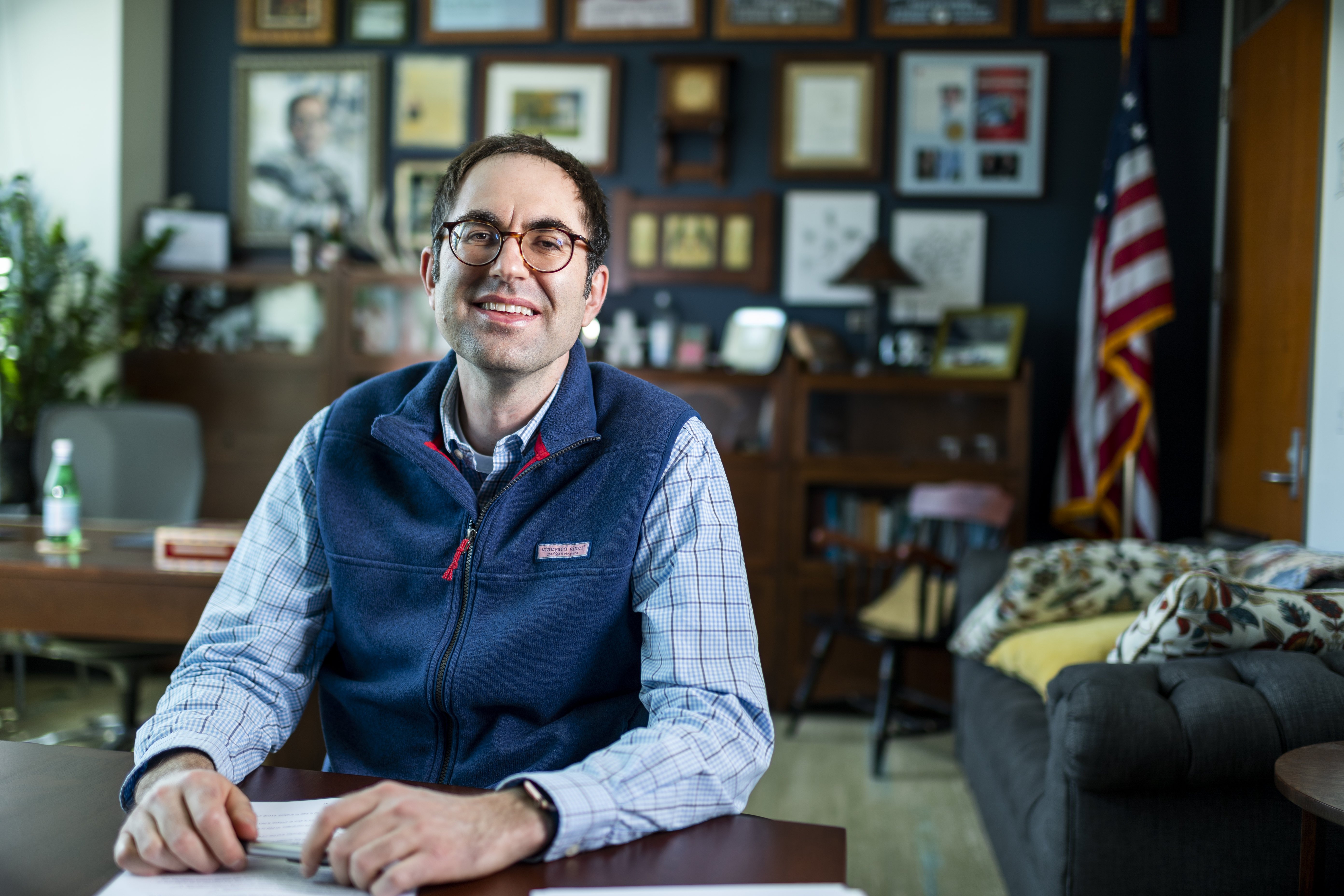
Parallel Session 01: New Discoveries in Molecular Metabolism
9:15-10:35
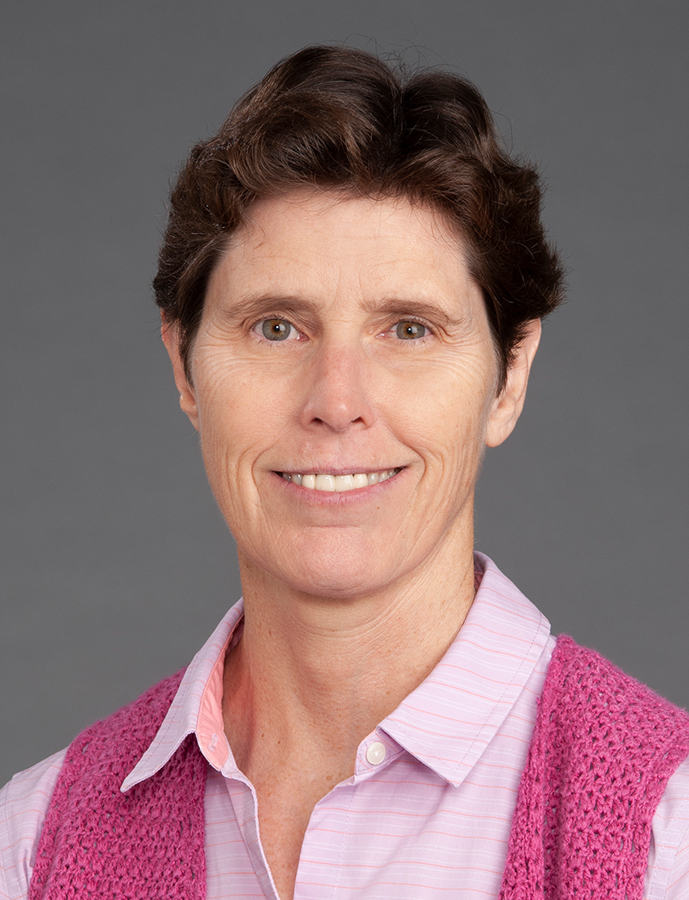
Parallel Session 02: (Pre-)clinical Proteomics - From Pre-Phase 1 to Phase 3
9:15-10:35
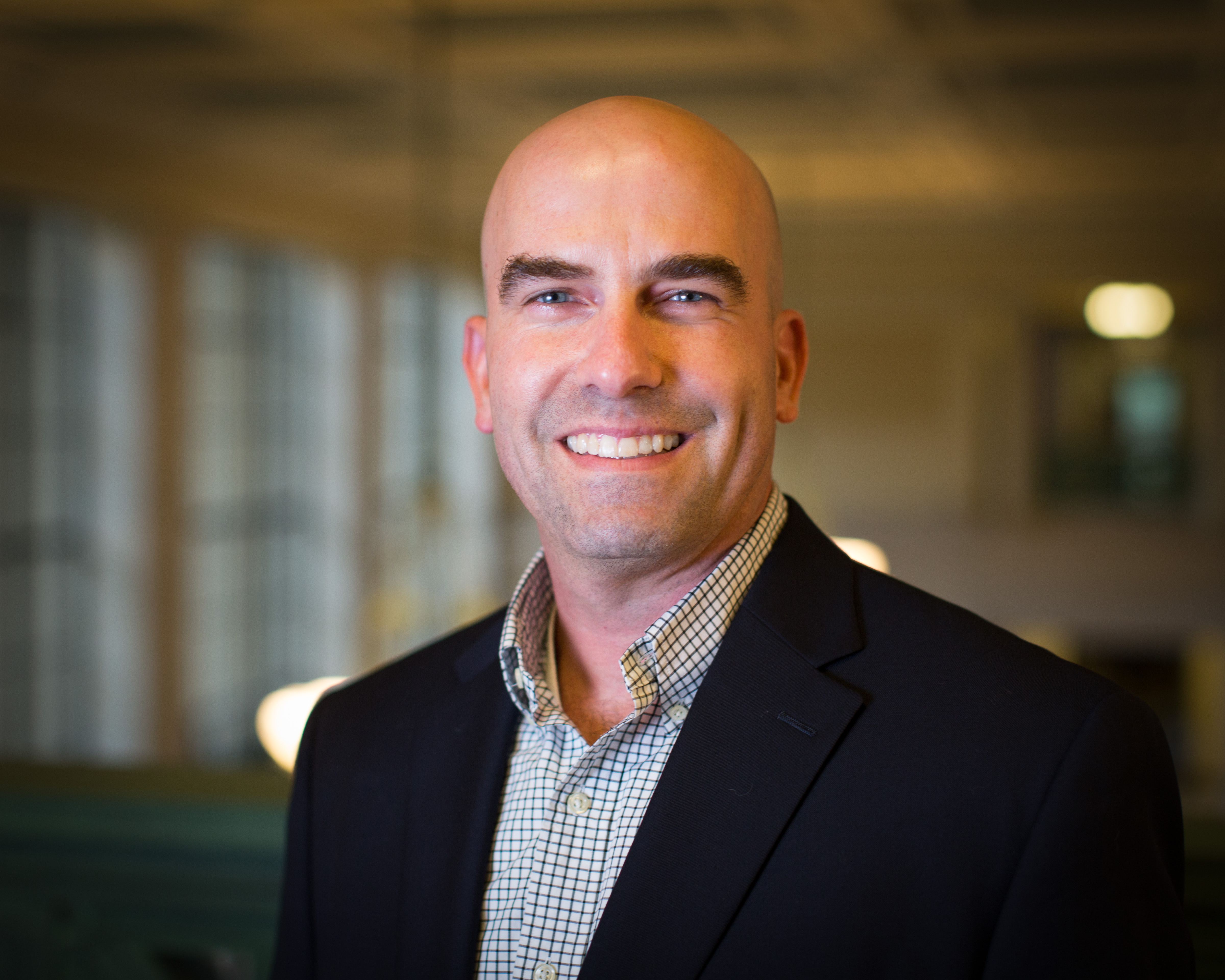
Parallel Session 03: Neuroproteomics
11:00-12:20
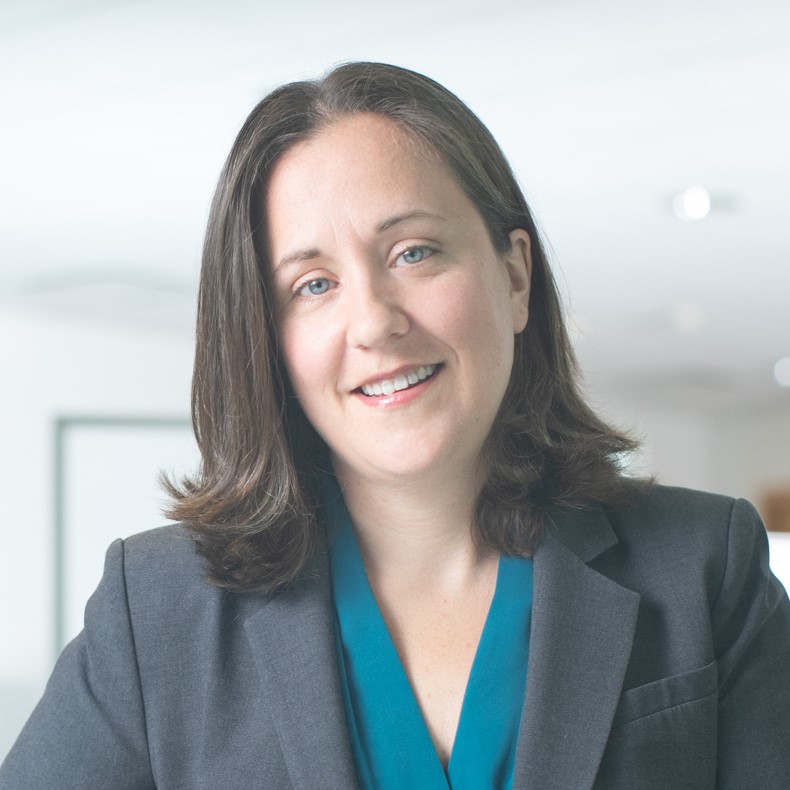
Parallel Session 04: Proteomics Meets Pharma: Compound, Phenotypic and MoA Screens
11:00-12:20
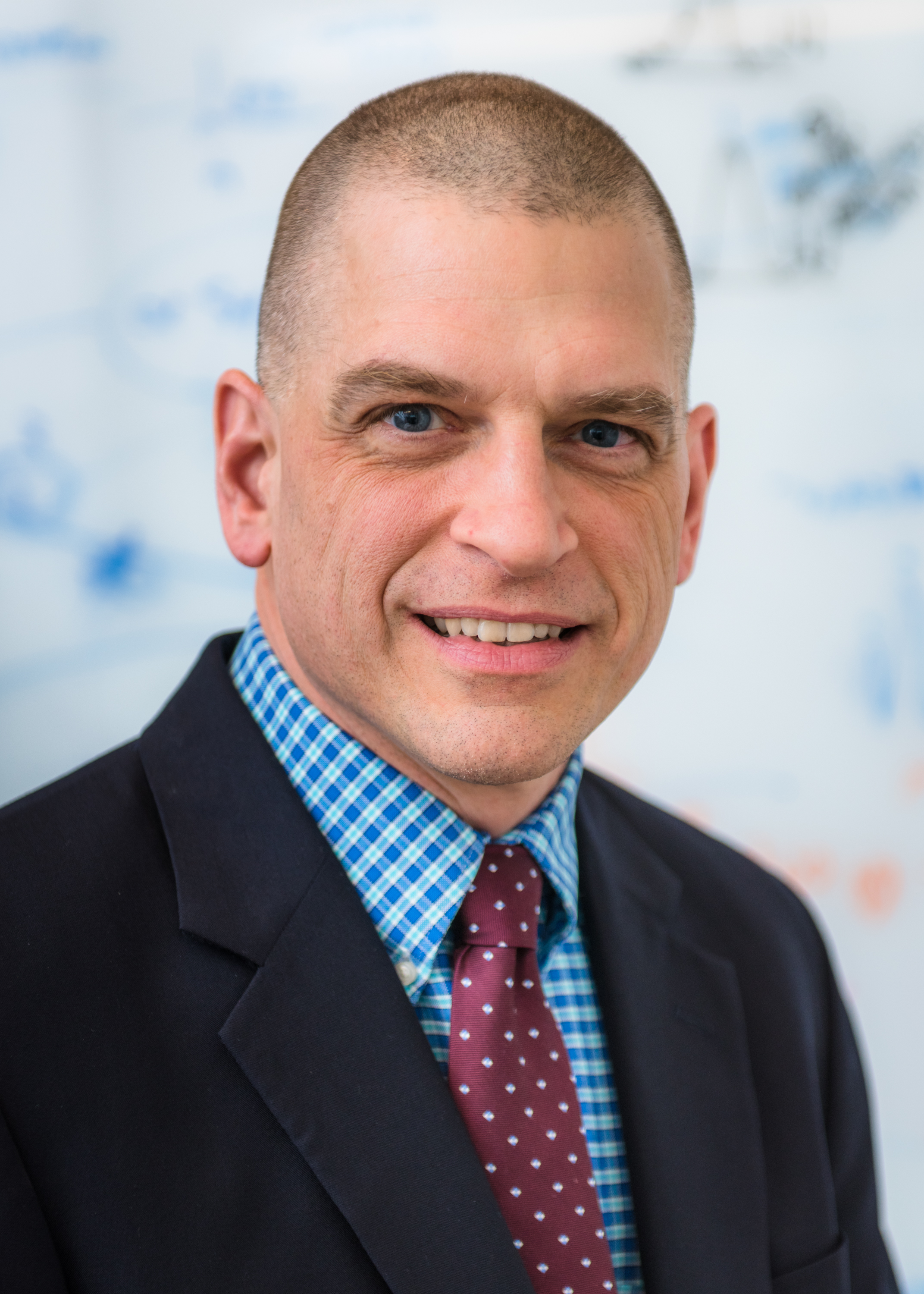
Jarrod Marto
Principal Investigator and Professor
Dana-Farber Cancer Institute and Harvard Medical School
United States
Parallel Session 05: Protein Networks - From Signaling to Interactions
13:40-15:00

Parallel Session 06: High Throughput Proteomics - Tackling 1000+ Samples
13:40-15:00

Roman Fischer
Principal Investigator and Associate Professor
University of Oxford
United Kingdom
Tuesday, 25 February
Robert J. Cotter New Investigator Award Plenary Session
8:30-9:05
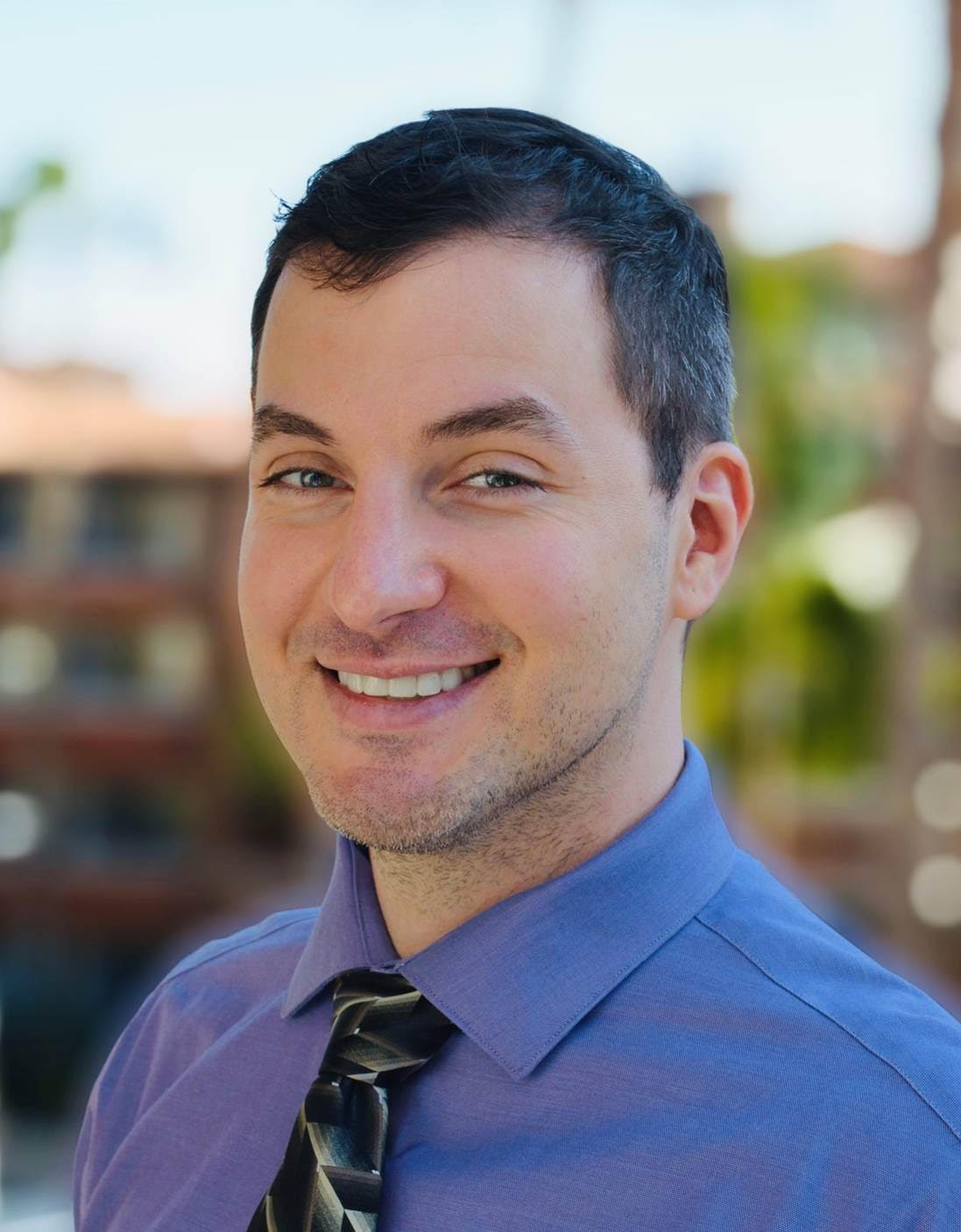
Parallel Session 07: Proteomics Beyond Mass Spectrometry
9:15-10:35

Parallel Session 08: Biofluids, Secretomes, and Extracellular Vesicles
9:15-10:35
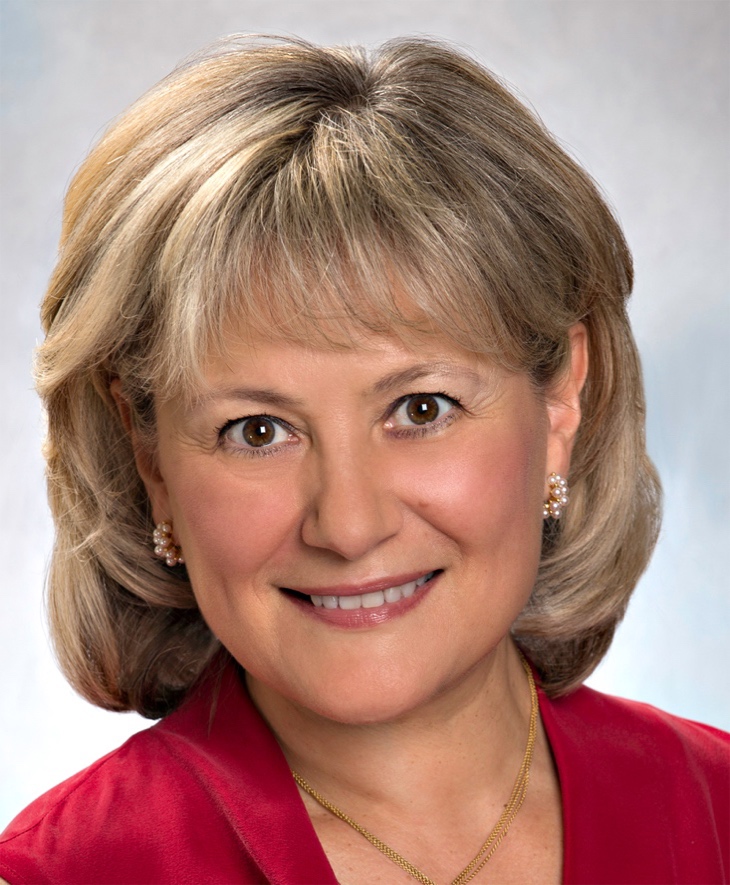
Parallel Session 09: ECR Session: Down in the Dumps: Treasure from Troubleshooting
11:00-12:20
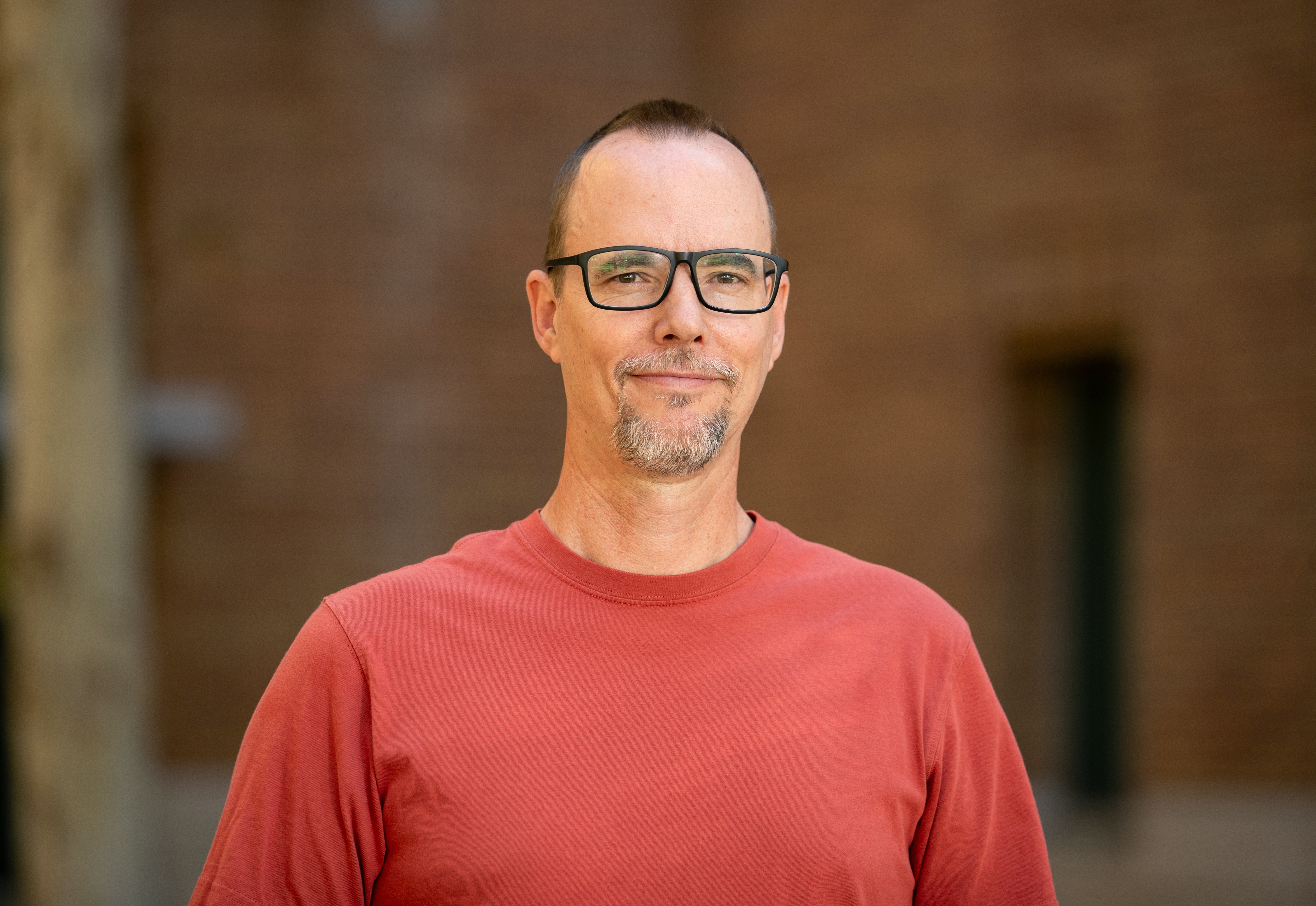
Parallel Session 10: Proteomics in Biopharm Drug Development
11:00-12:20
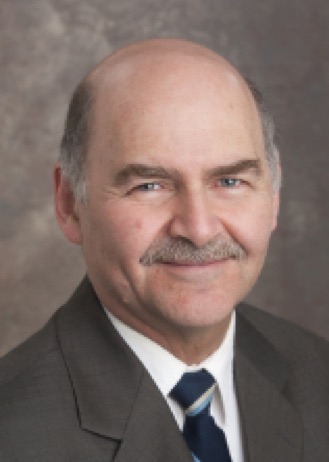
Parallel Session 11: Emerging Opportunities in Proteomics (outside the box)
13:40-15:00
Parallel Session 12: Proteomics Beyond the Primary Protein Structure
13:40-15:00
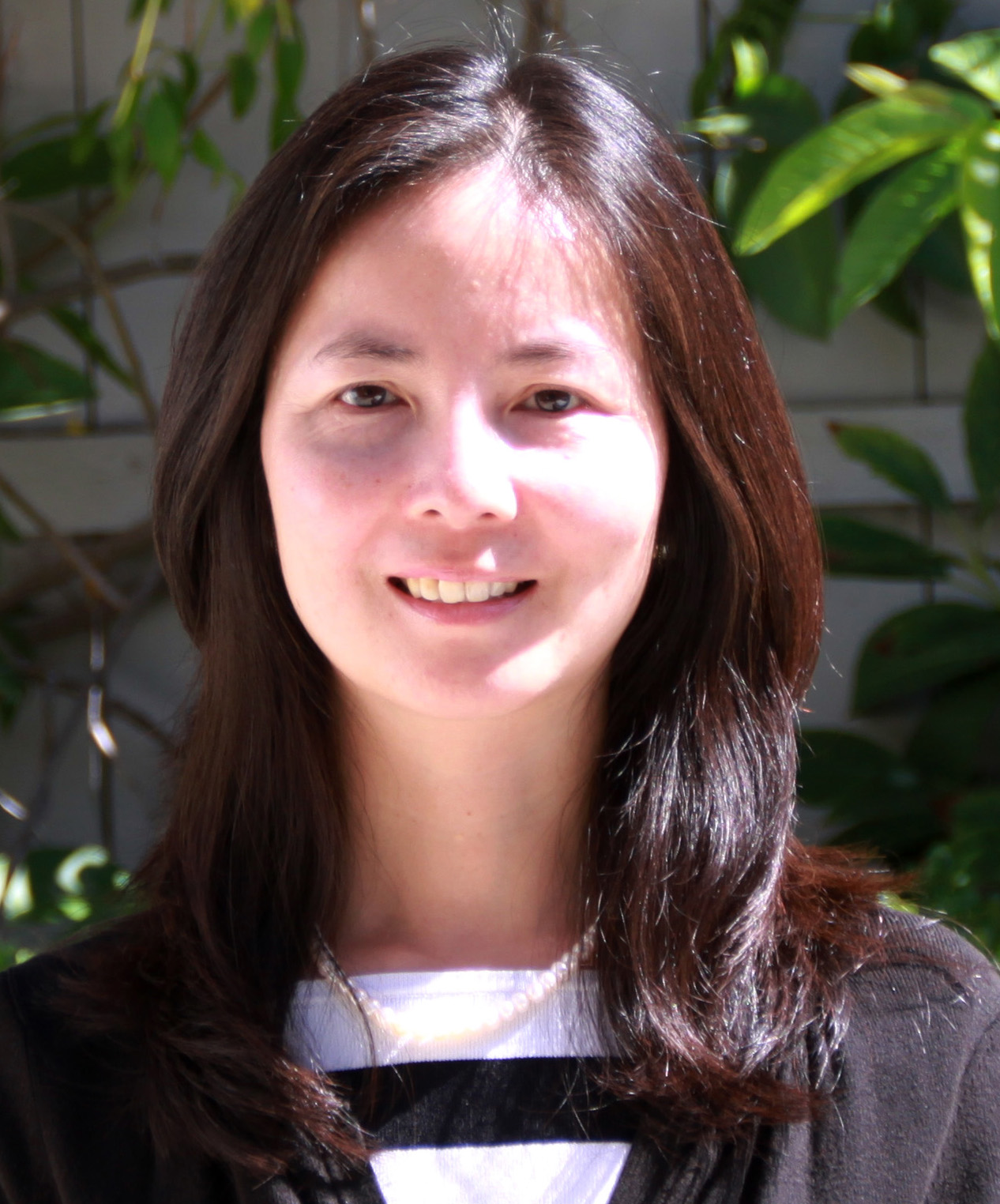
Wednesday, 26 February
Gilbert S. Omenn Computational Proteomics Award Lecture
8:30-9:05
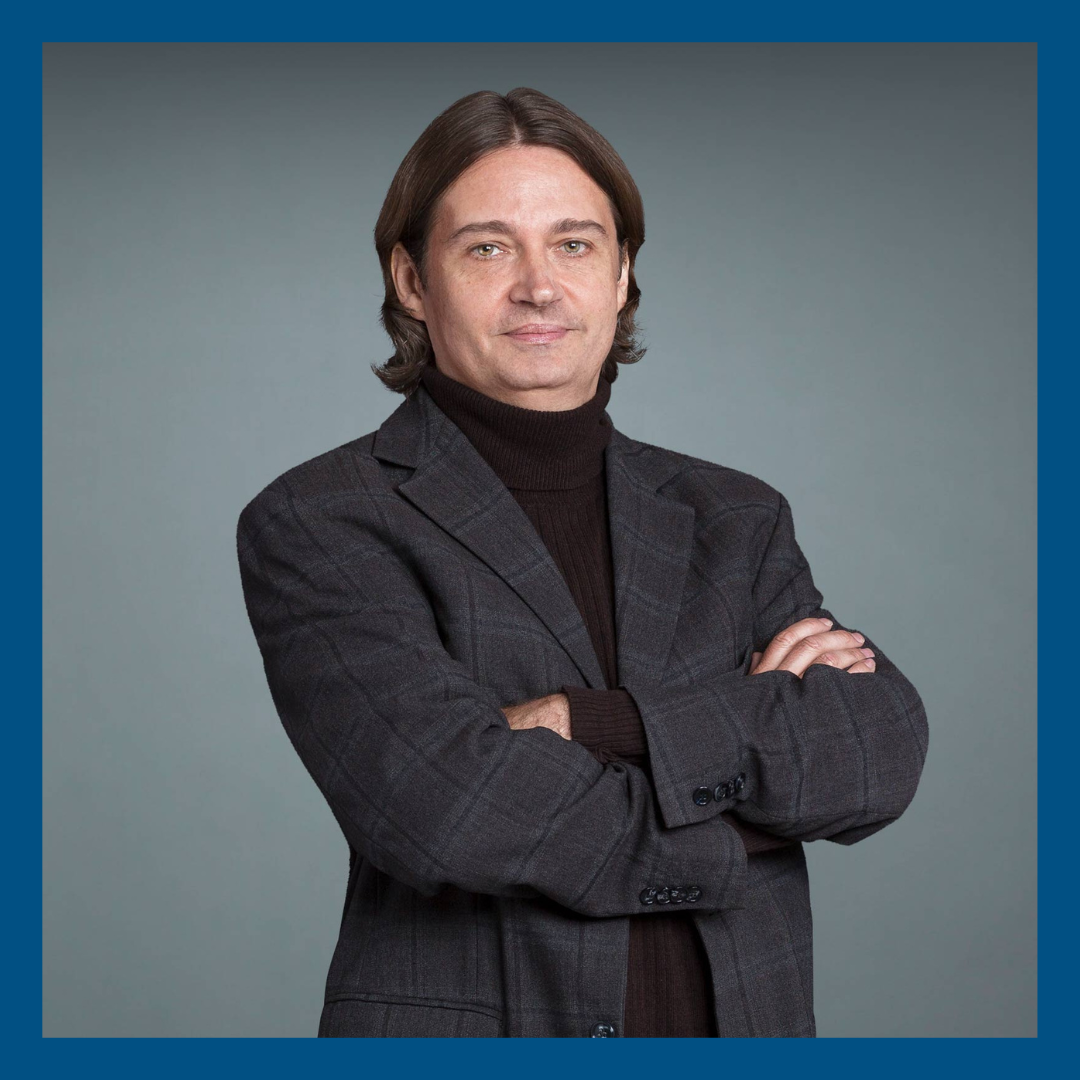
Parallel Session 13: Proteoforms and PTMs in Health and Disease: From Discovery to Therapeutics
9:15-10:35
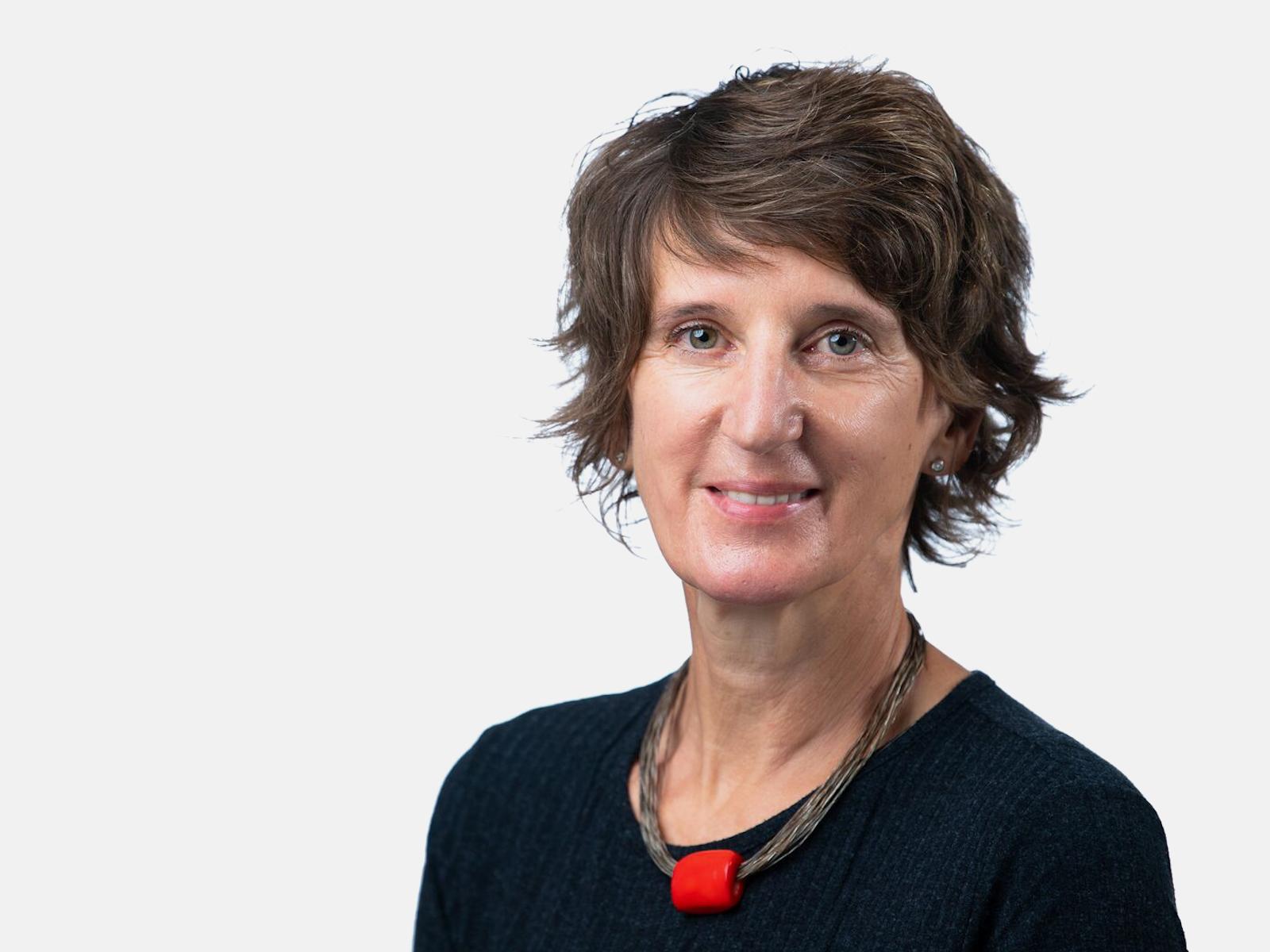
Parallel Session 14: Computational Proteomics: Adding Value to Proteomics Data with or without AI
9:15-10:35
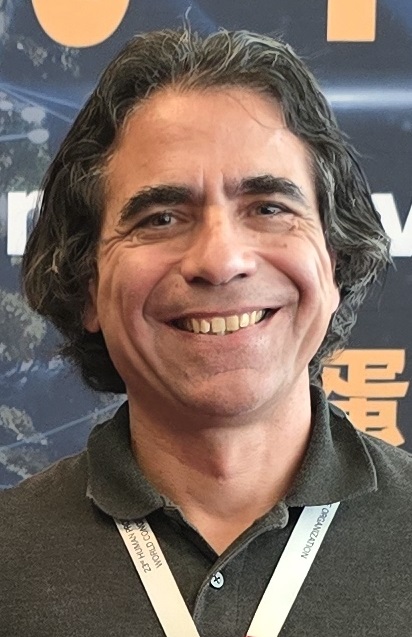
Catherine E. Costello Award for Exemplary Achievements in Proteomics Plenary Session, US HUPO Business Meeting and Closing Remarks
11:00-12:30
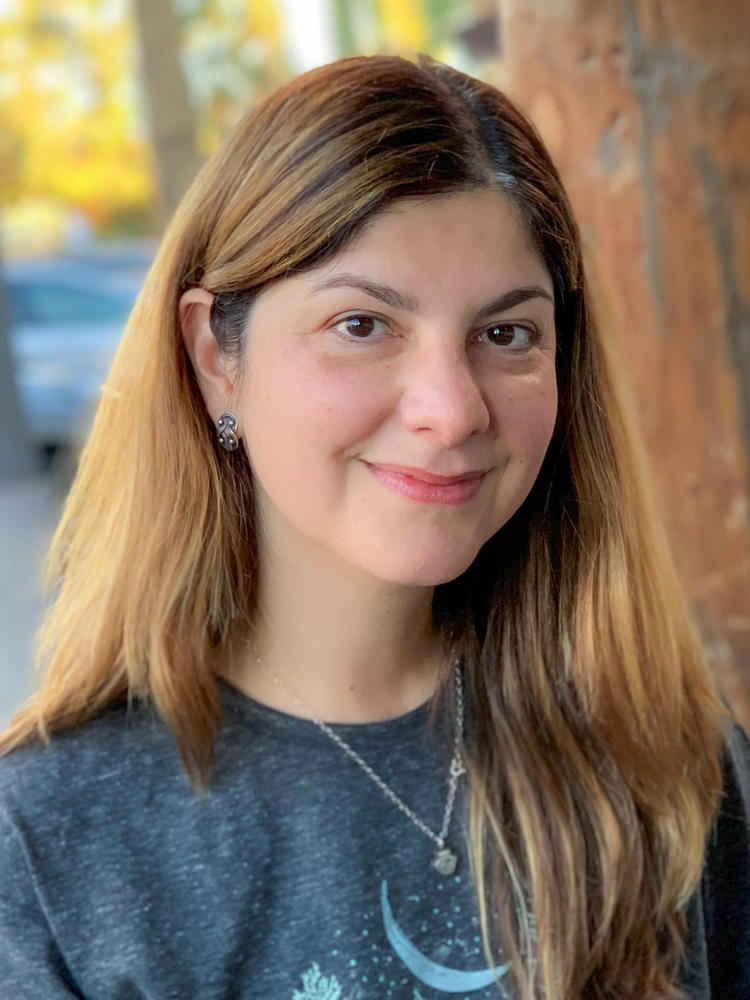
Ileana Cristea
Henry L. Hillman Professor of Molecular Biology
Princeton University
United States
